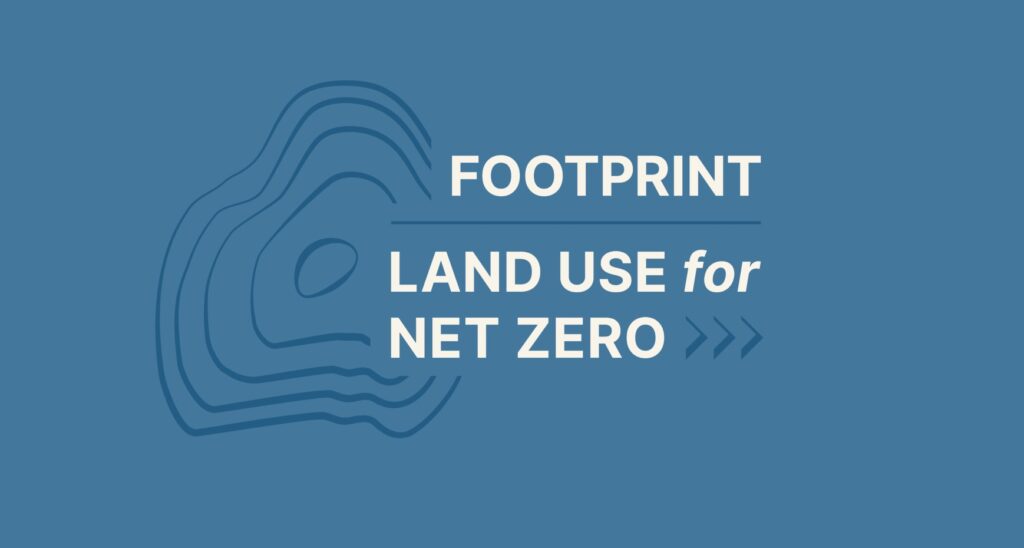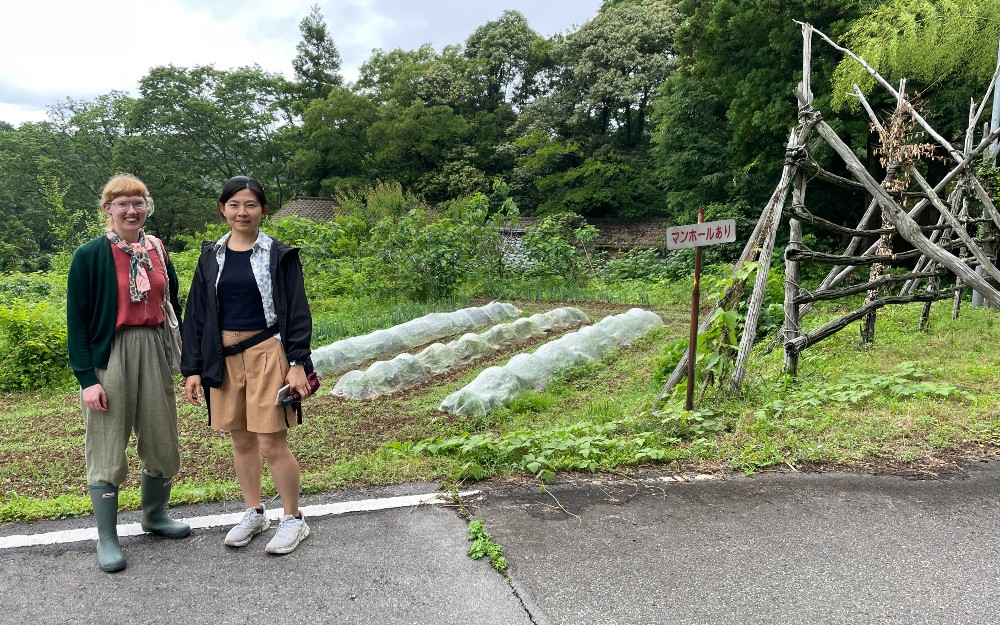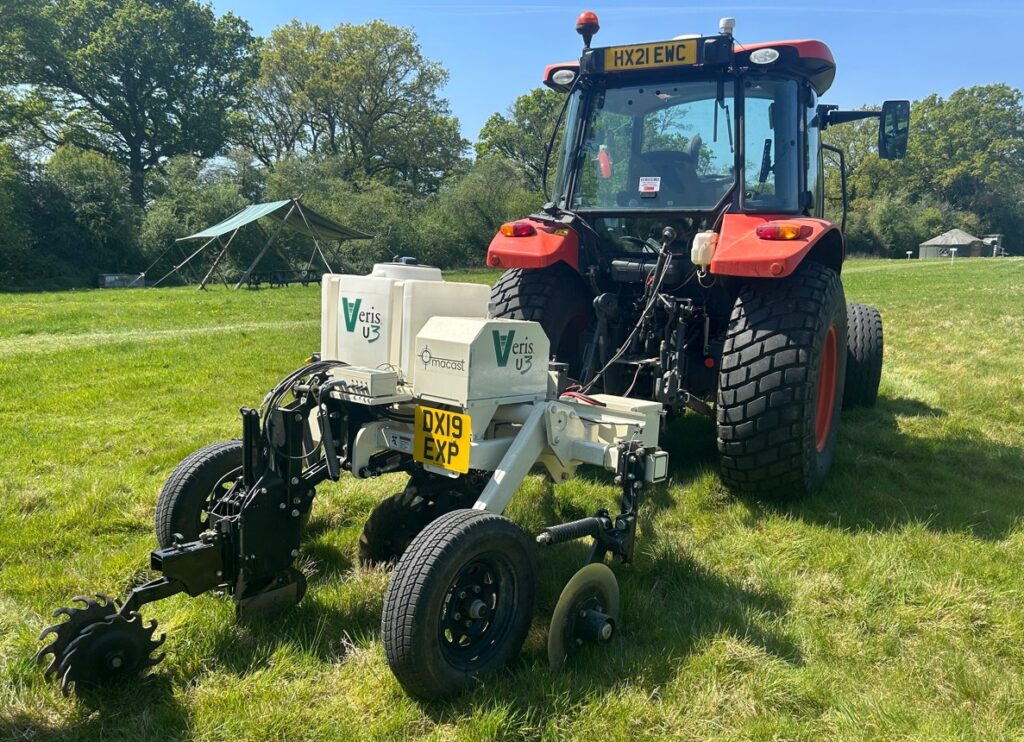A consortium led by the Countryside and Community Research Institute (CCRI) has been awarded more than £2.5 million in funding for research that will make a significant contribution to the national strategy for reaching net zero by 2050.
Running over three years, the grant will support a new project led by the University of Gloucestershire’s Countryside and Community Research Institute (CCRI) around how the land use sector can support the UK’s commitment to reducing greenhouse gas emissions by 2050.
Reaching net zero, which means achieving a balance between the amount of greenhouse gas (GHG) that is produced and the amount that is removed from the atmosphere, will require large-scale changes in the way land is used. This includes changes to farm businesses.
There are multiple tools available to help farmers measure how many emissions and greenhouse gases they are producing and emitting into the atmosphere (GHG accounting), but their number and inconsistencies between them can cause issues.
The new project – ‘To Zero Fifty’ Greenhouse Gas Accounting Living Lab – will develop a common accounting framework for the UK farming and food sector to measure and reduce greenhouse gas emissions.
The CCRI will collaborate with Cranfield University, Harper Adams University, University of Aberdeen and Scotland’s Rural College, three major greenhouse gas accounting companies – AgreCalc, Farm-Carbon-Toolkit and the Cool Farm Alliance – and Savills natural capital team.
Julie Ingram (pictured left), Professor of Innovation for Sustainable Agriculture within the CCRI, said: “We are really excited to be involved in this transdisciplinary research bringing together academic experts, the farming and practitioner community, as well as supply chain and policy stakeholders.
“Working with the three main greenhouse gas accounting companies and 100 farms across UK, we can start to create a scalable solution to a real industry challenge and make a difference.”
Professor Damian Maye, who is also involved in the project, said “The CCRI’s longstanding research on understanding the social, economic, technological and political implications of transitions in food and farming will underpin and add value to this new project.”
This grant is co-funded by UKRI, Defra, DESNZ, and has been co-designed with Department of Agriculture, Environment and Rural Affairs (DAERA), Welsh Government and Scottish Government.
It is part of the ‘Transforming land use for net zero, nature and people (LUNZ)’ programme which aims to mobilise and support research that works in partnership with government and industry to tackle net zero through action in the UK land sectors.




